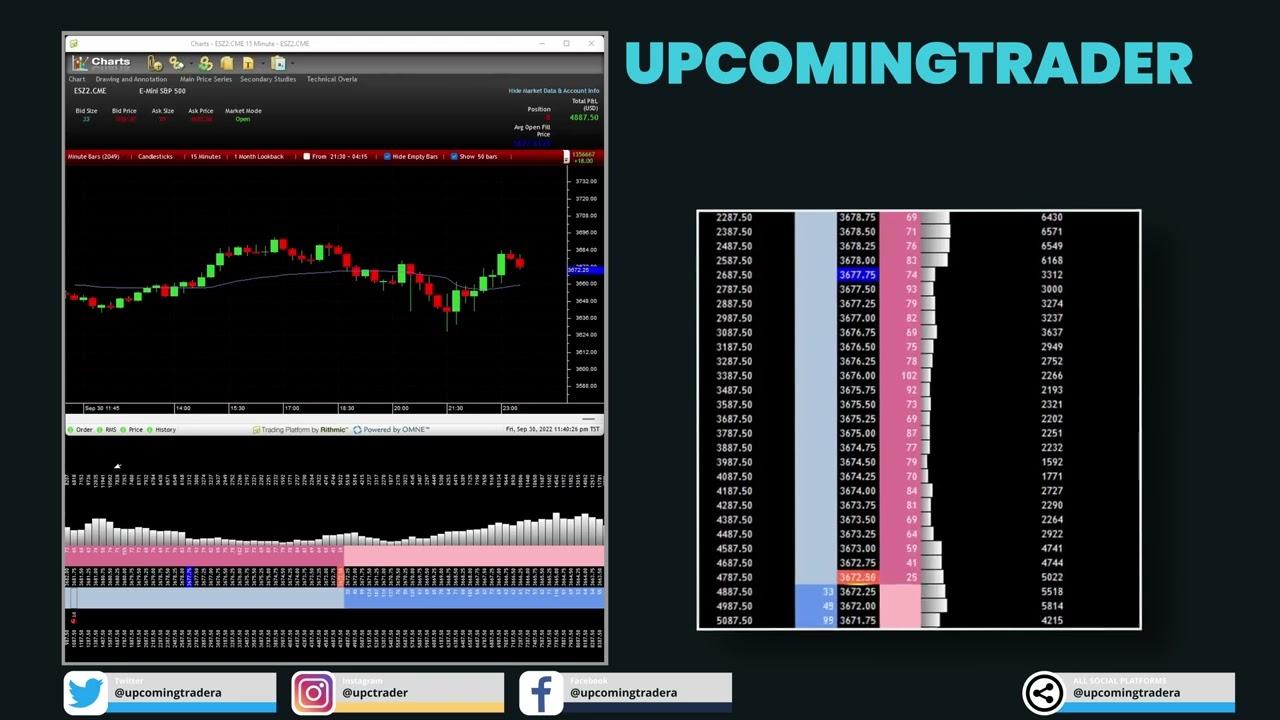Day Trading Psychology: Managing Risk and Avoiding Burnout in the Futures Market


However, with the highs come the lows, and the emotional toll can be overwhelming. One of the most insidious challenges traders face is burnout, a silent adversary that can creep up unnoticed until it’s too late.
The Delicate Dance of Work-Life Balance in Trading
Every trader dreams of success, but the path to achieving it is fraught with challenges. One of the most significant is striking a balance between the demands of trading and the needs of personal life.
Futures trading, with its round-the-clock nature, presents a unique challenge. The markets never sleep, and for many traders, neither do they. This 24/7 challenge can blur the lines between work and leisure, leading to an unsustainable lifestyle.
Sustainable Futures Trading: Embracing Discipline and Boundaries
In the world of futures trading, discipline is not just about making informed decisions on futures contracts or managing risks. It’s also about setting boundaries to ensure a sustainable trading lifestyle. The allure of the futures market, with its potential for significant profits, can be intoxicating. However, without proper boundaries, traders can easily find themselves consumed by the market’s ebb and flow.
Trading psychology plays a pivotal role here.
Recognizing the emotional toll of day trading and the potential for burnout is crucial. By setting specific trading hours, taking regular breaks, and ensuring time for personal and family commitments, traders can maintain their mental well-being.
This not only enhances their quality of life but also ensures they approach trading with a clear and focused mind.
The Personal Cost of Neglecting Balance
When work-life balance is thrown off-kilter, the consequences can be dire. Continuous engagement with the market, analyzing trends, and making split-second decisions can take a toll on one’s mental and emotional well-being.
The negative impacts of burnout extend beyond trading performance. Relationships can suffer, mental health can deteriorate, and the joy once found in trading can evaporate. The cost is not just financial; it’s deeply personal.
Unhealthy Coping Mechanisms: The Silent Killers
In an attempt to cope with the mounting stress, many traders resort to unhealthy mechanisms. These can range from excessive caffeine consumption to more severe habits like alcohol or substance abuse. While they might offer temporary relief, these coping strategies can lead to a host of other problems, further exacerbating the issue of burnout.
Futures Trading Pressures: The Underlying Causes
Traders are constantly exposed to the volatility of the futures market, where prices of futures contracts can swing dramatically within short time frames. This unpredictability, combined with the high stakes involved in day trading, can create immense pressure.
The world of futures trading is inherently stressful.
The fear of missing out on a profitable trade or the dread of incurring a significant loss can be overwhelming. It’s this constant roller coaster of emotions, coupled with the demands of keeping up with market trends and analysis, that can push traders towards seeking unhealthy ways to cope.
Trading Psychology: Recognizing and Addressing Unhealthy Habits
By understanding the psychological challenges of futures trading, traders can begin to recognize the signs of unhealthy coping mechanisms. It’s essential to differentiate between short-term relief and long-term detriment. Engaging in self-reflection, seeking feedback from peers, or even professional counseling can help traders identify and address these harmful habits.
Awareness is the first step towards change.
Implementing positive coping strategies, such as regular breaks, meditation, or physical exercise, can also play a crucial role in maintaining mental well-being.
Risk Management: A Buffer Against Emotional Strain
One of the primary sources of stress in futures trading is the inherent risk associated with it. However, with effective risk management strategies in place, traders can significantly reduce this emotional strain. By setting clear limits on potential losses, diversifying trades, and ensuring they’re not overexposed in any single futures contract, traders can create a safety net for themselves.
This not only protects their financial investments but also provides emotional stability, reducing the need to resort to unhealthy coping mechanisms. While the challenges of futures trading are undeniable, with the right approach and support, traders can navigate this demanding landscape without compromising their well-being.
Finding Equilibrium in the Chaotic World of Futures Trading
Traders must recognize the signs early on and take steps to address them. This might mean setting strict boundaries for trading hours, seeking support from loved ones, or even engaging in therapeutic practices. The key is to remember that trading is just one aspect of life. For long-term success in the futures market, one must prioritize mental and emotional well-being.
Avoiding burnout requires proactive measures.
In conclusion, the world of futures trading is not for the faint of heart. The potential rewards are high, but so are the risks, especially when it comes to emotional well-being. By recognizing the signs of burnout early and taking proactive steps to maintain a healthy work-life balance, traders can ensure they’re not only successful in the market but also in life.
Excited by What You've Read?
There's more where that came from! Sign up now to receive personalized financial insights tailored to your interests.
Stay ahead of the curve - effortlessly.

